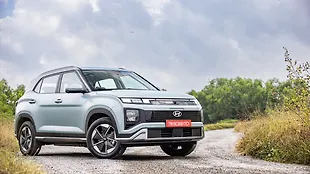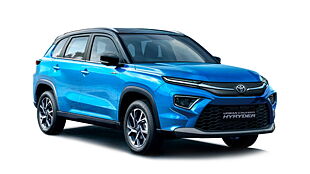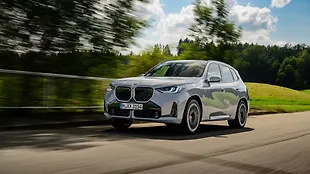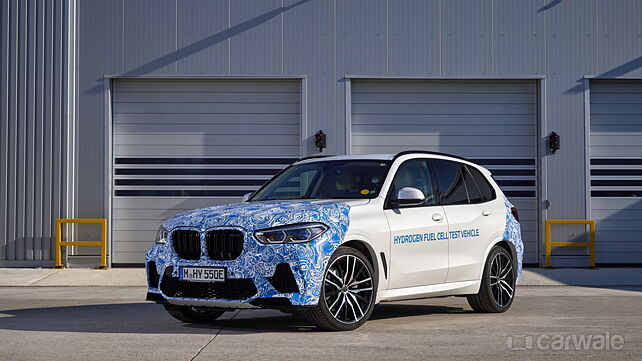
- Prototypes being tested on European roads
- Production in small series will commence in 2022
BMW is one of the few carmakers who believes in hydrogen as a fuel for sustainable mobility. And so the Bavarian carmaker has announced the commencement of public testing of their first hydrogen fuel cell prototypes on the European streets. As part of the new ‘i Hydrogen NEXT’ programme, the first production-ready hydrogen-powered BMW will be the X5 when it will roll off next year.

According to BMW, extensive field testing is needed to provide practical experience in the use of sustainable hydrogen powertrain. The hydrogen fuel cell technology is said to have the long-term potential to supplement internal combustion engines, plug-in hybrid systems and battery-electric vehicles once the fossil fuel dries out. It could become an alternative to battery-electric drive trains with no hassle of charging infrastructure and long-distance travels.

For those who aren’t aware, in a hydrogen fuel-cell powered vehicle, instead of a conventional fuel tank there’s a 700-bar hydrogen tank (which can also be filled within three to four minutes like your conventional fuel) made up of CFRP that holds six kilograms of hydrogen. Its precisely controlled reaction with oxygen in the ‘fuel cell’ generates electricity to power the motors with water vapour as the only residue.

The BMW i Hydrogen Next powertrain will make use of the fifth generation of the eDrive powertrain. This means it could have an output of around 125kW (around 165bhp). But energy stored in a performance bugger can help in short bursts when accelerating availing close to 275kW (around 370bhp) whenever required.

BMW claims to have already tested the fuel cell system, hydrogen tanks, performance buffer battery and central vehicle control unit in a lab and now it's time to test these parameters in real-world conditions. The BMW i Hydrogen NEXT uses fuel cells from the product development created in cooperation with the Toyota Motor Corporation. Toyota already has a hydrogen fuel cell model – the Mirai. The cooperation was established in 2013 to optimise the scalability of hydrogen fuel cell technology for both the carmaker’s use while also sharing expertise.

![BMW X5 [2019-2023] Image BMW X5 [2019-2023] Image](https://imgd.aeplcdn.com/272x153/cw/ec/37065/BMW-X5-Right-Front-Three-Quarter-157119.jpg?wm=0&q=80)
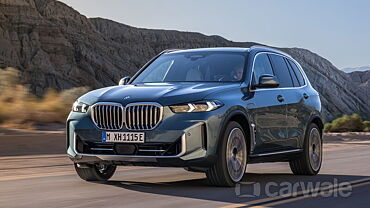

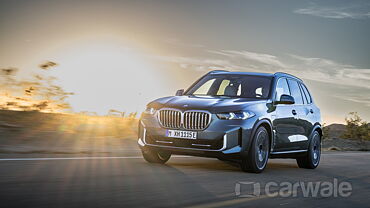
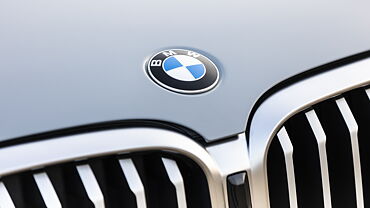
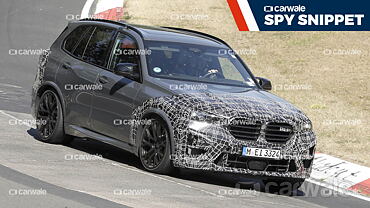

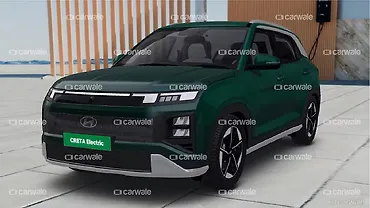
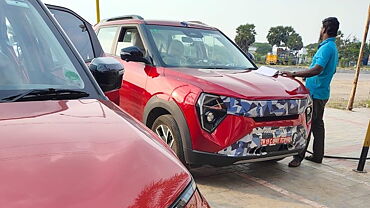
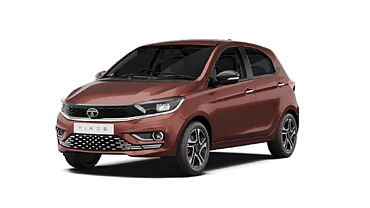
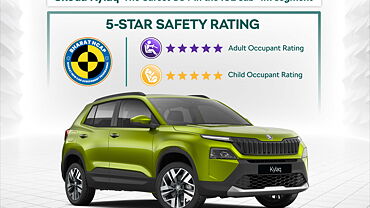
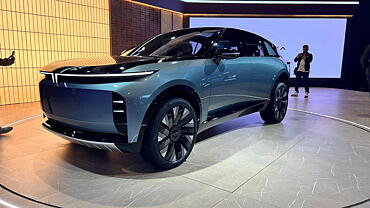




![BMW X5 [2019-2023] Right Front Three Quarter BMW X5 [2019-2023] Right Front Three Quarter](https://imgd.aeplcdn.com/199x112/cw/ec/37065/BMW-X5-Right-Front-Three-Quarter-157119.jpg?wm=0&q=80)
![BMW X5 [2019-2023] Right Front Three Quarter BMW X5 [2019-2023] Right Front Three Quarter](https://imgd.aeplcdn.com/199x112/cw/ec/37065/BMW-X5-Right-Front-Three-Quarter-157118.jpg?wm=0&q=80)
![BMW X5 [2019-2023] Exterior BMW X5 [2019-2023] Exterior](https://imgd.aeplcdn.com/199x112/cw/ec/37065/BMW-New-X5-Exterior-140774.jpg?wm=0&q=80)
![BMW X5 [2019-2023] Interior BMW X5 [2019-2023] Interior](https://imgd.aeplcdn.com/199x112/cw/ec/37065/BMW-X5-Interior-171216.jpg?wm=0&q=80)
![BMW X5 [2019-2023] Interior BMW X5 [2019-2023] Interior](https://imgd.aeplcdn.com/468x263/cw/ec/37065/BMW-X5-Interior-171217.jpg?wm=0&q=80)


